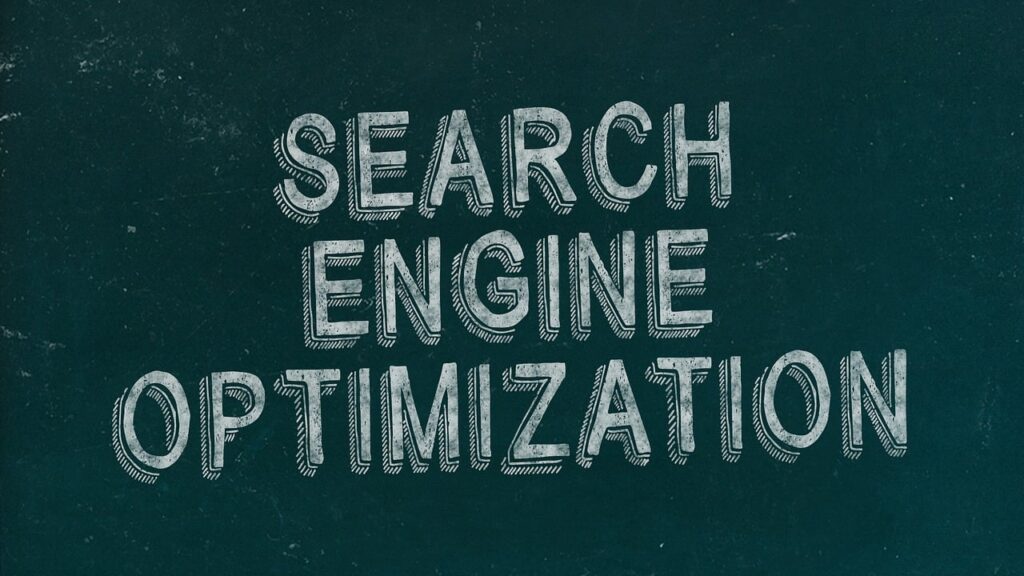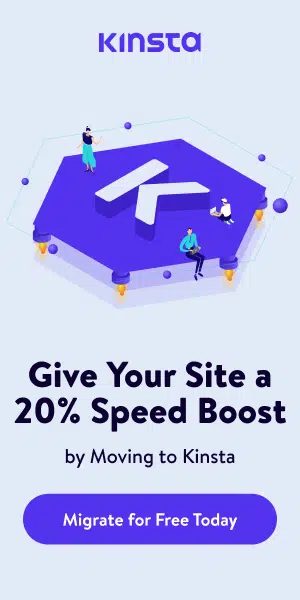Building a strong online presence is essential for small businesses navigating a competitive digital landscape. A winning SEO content strategy is the key to driving organic traffic, targeting the right audience, and achieving your business goals. But where do you start?
This guide will walk you through the steps to create a successful SEO content strategy. You’ll learn how to understand your audience, conduct keyword research, create quality content, and optimize your site for search engines.
By the end, you’ll have a clear plan to build an SEO content marketing strategy that improves your search rankings and attracts relevant traffic.

Understanding Your Audience and Goals
Identifying Your Target Audience
The foundation of any effective SEO content strategy starts with audience research. Knowing your audience ensures your content resonates and drives action. Here's how to refine your understanding:
- Look at Your Current Customers: Analyze your existing customer base to identify trends in demographics, behaviors, and preferences.
- Build Marketing Personas: Create detailed profiles of your ideal customers by including their needs, pain points, and preferences.
- Research Audience Behavior: Use tools like Google Analytics to study user demographics, interests, and behavior patterns.
By understanding what your audience values, you can craft content that speaks directly to them.
Setting Goals and KPIs for Your Content Marketing Strategy
Now that you know your audience, it’s time to set measurable goals for your strategy. Utilize the SMART framework:
Looking for an experienced Wordpress Development company?
- Specific: Increase website traffic by 25% within three months.
- Measurable: Track metrics like organic traffic, bounce rate, and conversions.
- Achievable: Align goals with your current marketing resources and staff availability.
- Relevant: Tailor goals to support your broader business objectives.
- Time-Bound: Establish clear deadlines to achieve your milestones.
Define KPIs such as search traffic, keyword rankings, and inbound links to evaluate the success of your SEO efforts. This data will guide the optimization of your strategy over time.

Keyword Research and Planning
Finding Topics with Search Traffic Potential
Keyword research forms the backbone of SEO content marketing. To identify valuable topics:
- Use Tools Like Ahrefs or SEMrush to uncover keywords with high search volume and manageable competition.
- Analyze Competitors' Top Pages to discover high-traffic keywords your rivals are targeting.
- Prioritize Based on Business Potential by focusing on topics directly aligned with your services or products.
For example, if you're a coffee shop, writing about “how to brew the perfect cup of coffee” attracts relevant traffic and aligns with your offerings.
Creating a List of Long-Tail Keywords for Optimization
Don’t overlook long-tail keywords—they attract niche audiences searching for specific solutions. Steps to select the right ones:
- Expand Initial Topics into more detailed search queries (e.g., “How to brew French press coffee at home”).
- Look at Related Keywords suggested by tools like Google Keyword Planner.
- Optimize Your Content using these detailed phrases to reach audiences with clear intent.
Long-tail keywords help attract visitors with a higher chance of converting into customers.

Content Creation and Optimization
Crafting High-Quality, Search-Focused Content
Creating engaging, search-driven content is crucial for a successful strategy. Keep these tips in mind:
- Match Search Intent: Ensure the content purpose aligns with what users are looking for—be it informative, transactional, or navigational.
- Follow R-E-A-C-H Principles:
- Relevant to your audience.
- Engaging to keep readers on your page.
- Authoritative by including original research or expert opinions.
- Comprehensive, covering the topic thoroughly.
- Helpful with actionable steps or takeaways.
Use headers, meta descriptions, and internal links to improve readability and boost your on-page SEO.
Using a Variety of Content Formats
Leverage diverse content types to keep your audience engaged:
- Blog Posts for insights and tips.
- Infographics to make complex data visual and easy to digest.
- Videos for tutorials or behind-the-scenes glimpses.
- Podcasts or webinars to discuss industry trends.
Mixing formats caters to different user preferences, increasing time spent on your site and improving metrics like dwell time.

Technical SEO and Optimization
Optimizing Your Website for Page Speed and Search Engines
Search engine algorithms prioritize fast-loading, mobile-friendly websites. Steps to optimize:
- Improve Page Speed by compressing image files and using a content delivery network (CDN).
- Optimize for Mobile with responsive designs suitable for all devices.
- Enhance SEO Health by regularly auditing your site for broken links, outdated pages, and crawl issues via tools like Screaming Frog.
A well-optimized site keeps users engaged and ensures your content ranks higher in search results.
Building High-Quality Backlinks
Backlinks signal authority to search engines. Strategies to acquire quality links:
- Guest Blogging on authoritative sites.
- Broken Link Building, replacing outdated links with your content.
- Creating Shareable Content like comprehensive guides or original research.
Monitor your backlink profile using tools like Ahrefs to maintain a high-quality link-building strategy.

Local SEO and Mobile Optimization
Understanding Local SEO and Its Importance
Local SEO is a crucial aspect of search engine optimization that focuses on optimizing your website to rank better in local search results. For businesses serving specific geographic regions, local SEO is essential to attract relevant traffic and increase online visibility.
By optimizing for location-based keywords and creating content tailored to your local audience, you can significantly improve your chances of appearing in the Google Maps pack and local search results.
To get started with local SEO, ensure your business information is consistent across all online platforms, including your website, Google My Business, and local directories.
Create content that resonates with your local audience, such as blog posts about local events or guides to your area. Building high-quality local citations and earning positive reviews from local customers can also boost your local search engine rankings.
Mobile SEO Strategy for a Better User Experience
In today’s digital age, a robust mobile SEO strategy is indispensable. With the majority of internet users accessing websites via mobile devices, ensuring a seamless user experience across all devices is critical.
A mobile SEO strategy involves optimizing your website design, content, and user experience specifically for mobile users.
Start by ensuring your website is responsive, meaning it adapts to different screen sizes and devices. Improve page loading speeds by compressing images and leveraging browser caching. Simplify navigation to make it easy for users to find what they need on smaller screens.
By focusing on mobile SEO, you not only enhance user experience but also improve your search engine rankings, as search engines prioritize mobile-friendly websites.

Best Practices for a Successful Content Strategy
Writing Compelling Meta Descriptions to Improve Click-Through Rates
Meta descriptions play a pivotal role in your content strategy by providing a brief summary of your webpage’s content in search engine results. Crafting compelling meta descriptions can significantly improve your click-through rates, driving more organic traffic to your site.
To write effective meta descriptions, keep them concise—no longer than 160 characters. Include your target keyword naturally within the description to signal relevance to search engines.
Make sure the meta description is descriptive and enticing, giving users a clear idea of what they can expect from your content.
Adding a call-to-action, such as “Learn more” or “Get started,” can further encourage users to click through to your website. By optimizing your meta descriptions, you can increase your website’s visibility and improve your search engine rankings.

Measuring and Maintaining Your Strategy
Creating an SEO Report to Track Your Progress
Regularly measuring your success is vital. Create a report that includes:
- Organic Traffic Metrics like sessions and page views from search engines.
- Keyword Rankings to see improvements in targeted queries.
- Inbound Link Growth, tracking the quality and quantity of backlinks.
Tools like Google Sheets or Excel make it easy to visualize your data. Use insights to fine-tune your content strategy over time.
Staying Current with SEO Best Practices
The SEO landscape is constantly evolving. Keep up with trends by:
- Following Industry Leaders on social media and blogs.
- Attending Webinars or Conferences to learn from experts.
- Participating in Online Communities on platforms like Reddit or LinkedIn.
Staying informed ensures your business remains competitive and responsive to algorithm updates.

Elevate Your Business Goals with a Winning SEO Content Strategy
An effective SEO content strategy isn’t just about driving traffic—it boosts brand visibility, engages your audience, and achieves your business objectives through relevant content and an SEO-driven content strategy.
By combining keyword research, high-quality content creation, and technical SEO optimization, your site can attract more organic traffic and establish authority in your industry.
Remember, results come from consistent effort and monitoring. Need guidance creating a new SEO content strategy tailored to your business? Contact Priceless Consulting LLC to start optimizing your content and watch your site rank higher!







